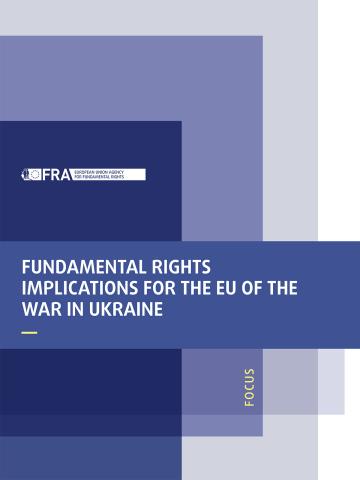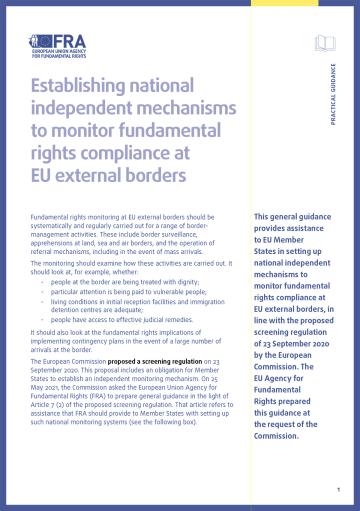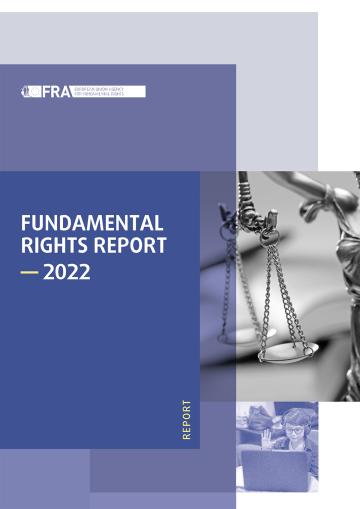Sec.51 - Prohibition against expelling victims of political persecution(1) An alien may not be expelled to a State in which his life or freedom is threatened by reason of his race, religion, nationality, membership of a particular social group, or his political convictions.(2) The conditions laid down in paragraph 1 will be deemed to exist in the case of 1. persons with the right of asylum (...)Sec.52 - Expulsion in cases of possible political persecutionSection 51 will apply, mutatis mutandis, to aliens who have made an admissible request for asylum, as long as the request has not been finally rejected or dismissed as groundless, or has not been withdrawn.Sec.53 - Grounds for refusing to expel(1) An alien may not be expelled to a State in which there is actual danger of his being subjected to torture. (...)(3) Where another State has made a formal request for extradition, or for arrest in connection with notification of a request for extradition, the alien may not be expelled to that State until a decision has been made on the extradition.(4) An alien may not be expelled if the expulsion is inadmissible under the Convention on the Protection of Human Rights and Fundamental Freedoms, of 4 November 1950 (BGBl. 1952 II, p. 686).(5) A general risk that an alien may be threatened with criminal prosecution and punishment in another State and, unless otherwise determined by paragraphs 1 to 4, a specific risk of a statutory penalty pursuant to the laws of another State, will not constitute a bar to expulsion.(6) The expulsion of an alien to another State may be waived if there is considerable actual risk to the person, the life or the freedom of the alien in that State. Risks in that State to which the population or population group to which the alien belongs are in general exposed, will be taken into account when decisions are made under section 54.










